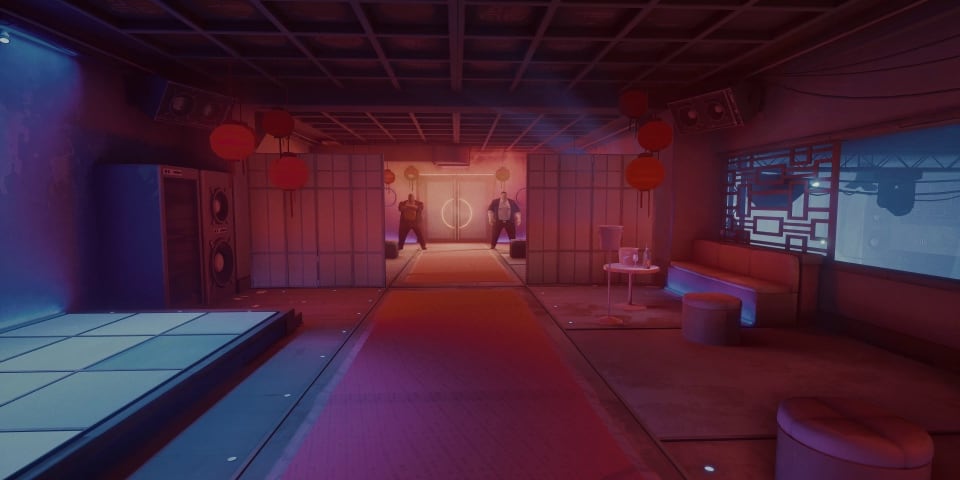Sifu Review

There’s a clear love of old-school kung fu action films coursing through Sifu’s veins. It’s a homage of sorts to those styles of films, and you can feel the adoration that developer Sloclap has for the genre.
You play as a young student who saw their Sifu and father brutally murdered in front of them by a group that includes one of their ex-students. You are, unsurprisingly, not best-pleased by the whole ordeal, and with the help of a special pendant that lets you revive yourself from death, spend a few years training, before taking your 20-year-old self out on the path to revenge.
The death thing is, perhaps, the most interesting aspect of Sifu. Your pendant allows you to come back from the grave mid-fight, but doing so ages you one year and raises your death counter. Every time you die, you’ll age more, with it being two years for your second death, three for your third, and so on. You can lower your death counter by spending experience points at a shrine, or beating mini-bosses and bosses. Some skills can only be unlocked if you’re young enough, and you gain damage but lose health every time you go into the next decade, with any death over the age of 70 being your final one.

Each level keeps track of the youngest age you entered it at, so you can use that and shortcuts you unlock in each level to manipulate things by playing through a few times to get the best outcome. The only trouble with this is that it makes every narrow victory against a level effectively worthless. If you manage to beat the first boss, for example, but age all the way up to 71 in doing so, you’ll have no chance of doing the next stage. Your victory may as well have been a defeat.
When you die, you lose any skill unlocks you’ve earned so far, unless you’ve chosen to pour extra XP in to unlock them permanently. This, again, is an interesting system, but the skills themselves are all over the place. While some skills are basically essential – namely the ones that let you yeet items on the floor at people and catch those thrown at you – most of them offer options that aren’t really useful. Sure, they look cool, but there’s not really any point to them outside of that.

When fighting against standard enemies your attacks can be varied and interesting, but when fighting some of the mini-bosses and the bosses themselves, you’ll find many of your skills outside of parrying are more or less worthless. This is because Sifu has an intensely frustrating adoration of super armour on these enemies. While normal enemies will flinch when hit, the harder enemies are more than happy to completely ignore your well-timed kick in favour of finishing their string of attacks. What it means is that the only really viable way to fight against these bosses tends to just be mashing the parry button and then attacking when they finished their combo.
I’m certain you can spend time meticulously learning the attack patterns of your enemies, but what’s the point if you can just mash your way to victory? You can even mash parry and light attack alternately to basically keep animations cancelling constantly too, which ends up being the most efficient way of protecting yourself and fighting in nearly any situation, even if it’ll probably trash your hands.
You’ve also got weird stylistic choices like the fact that you hold many weapons in a backhand stance, which in a fight would massively reduce your range, and probably leave you with a broken wrist. Then you’ve got knockdown attacks, which are incredibly powerful, but also lead you to helping your enemy up after two strikes. It’s baffling.

All of this is a huge shame too, because I’m a martial arts fanatic, and I absolutely adore Absolver, the game Sloclap made before this. Not only that, but there are some excellent set-pieces throughout the game like you fighting through corridors side-on, or going through living art exhibits filled with block colours and silhouettes.
It’s also worth discussing that, while this game feels like it comes from well-intentioned passion for classic kung fu movies, it’s also one made about a Chinese protagonist by a team with virtually no Chinese people on staff. Stories about people should be made with deep involvement from those same people. I do think that this game is more about the films than the people, and that it’s from a good place – this isn’t a point that’s affecting the review and score – but I also think the composition of the staff means it would have been better suited as a game set in France.

